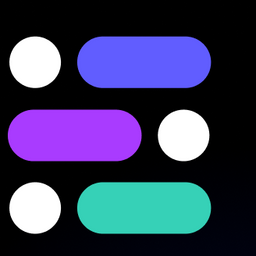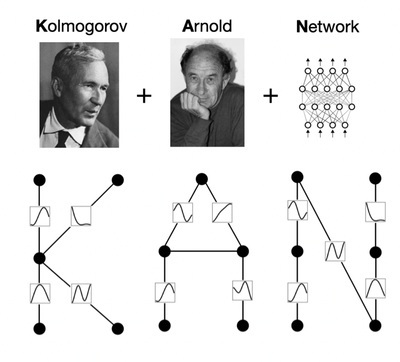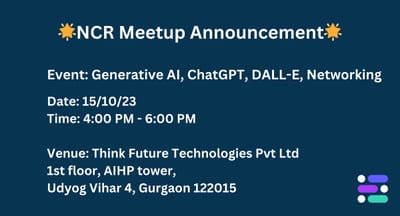Accelerating Nonlinear System Research with ChatGPT and CodeInterpreter: A Leap from Hours to Minutes

Research in nonlinear systems, a field known for its complex mathematical models and intricate computations, has traditionally been a time-consuming process. With coding, debugging, and simulation running often taking up to 6-7 hours, it's a domain ripe for the benefits of modern AI advancements. Enter ChatGPT and CodeInterpreter, AI tools developed by OpenAI, which are transforming the way we approach such tasks, reducing hours of work to mere minutes.
The Prelude: Research Before ChatGPT
Before the advent of AI tools like ChatGPT, researching nonlinear systems involved writing complex scripts, running simulations, and an inevitable debugging phase. The process, though systematic, was not without its challenges. Debugging often proved to be a major time sink, as it required not only identifying errors but understanding their root cause and implementing solutions. In total, this could take researchers an exhausting 3-4 hours.
The Revolution: Introduction of ChatGPT
The introduction of ChatGPT marked a significant shift in this process. This AI model, trained on a diverse range of internet text, could generate human-like text based on provided input. By leveraging this capability in the context of nonlinear system research, we could write code, run simple simulations, and get explanations for complex concepts, all in a conversational manner.
While this was a significant improvement, cutting down the overall process to 30 mins to an hour, the model had limitations. It could not execute code, making it necessary to switch between the ChatGPT interface and a separate programming environment for execution and debugging.
This is something that I have demonstrated using ChatGPT and Deepnote earlier on Feb 8, 2023

The Leap: CodeInterpreter in ChatGPT
The recent introduction of CodeInterpreter in ChatGPT takes this revolution a step further. CodeInterpreter allows the execution of Python code directly within the chat interface, making the process more streamlined than ever. Now, you can write code, run it, debug it, and discuss it, all in one place.
This development has a profound impact on researching nonlinear systems. For instance, creating a complex simulation like Chua's circuit, running it, and visualizing the results can now be done in a single, seamless conversation with ChatGPT. What's more, it can be accomplished in as little as 2-3 minutes.
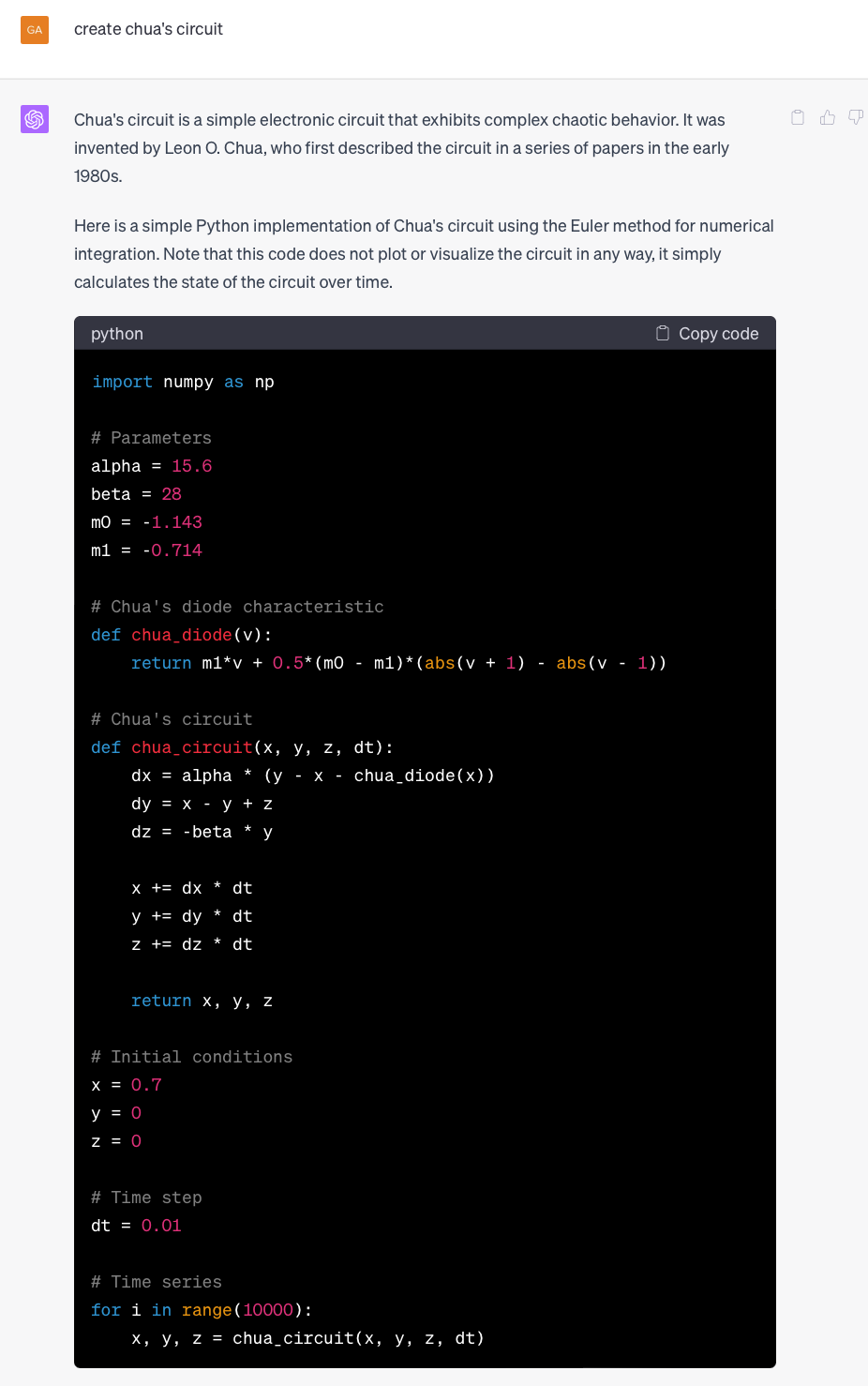
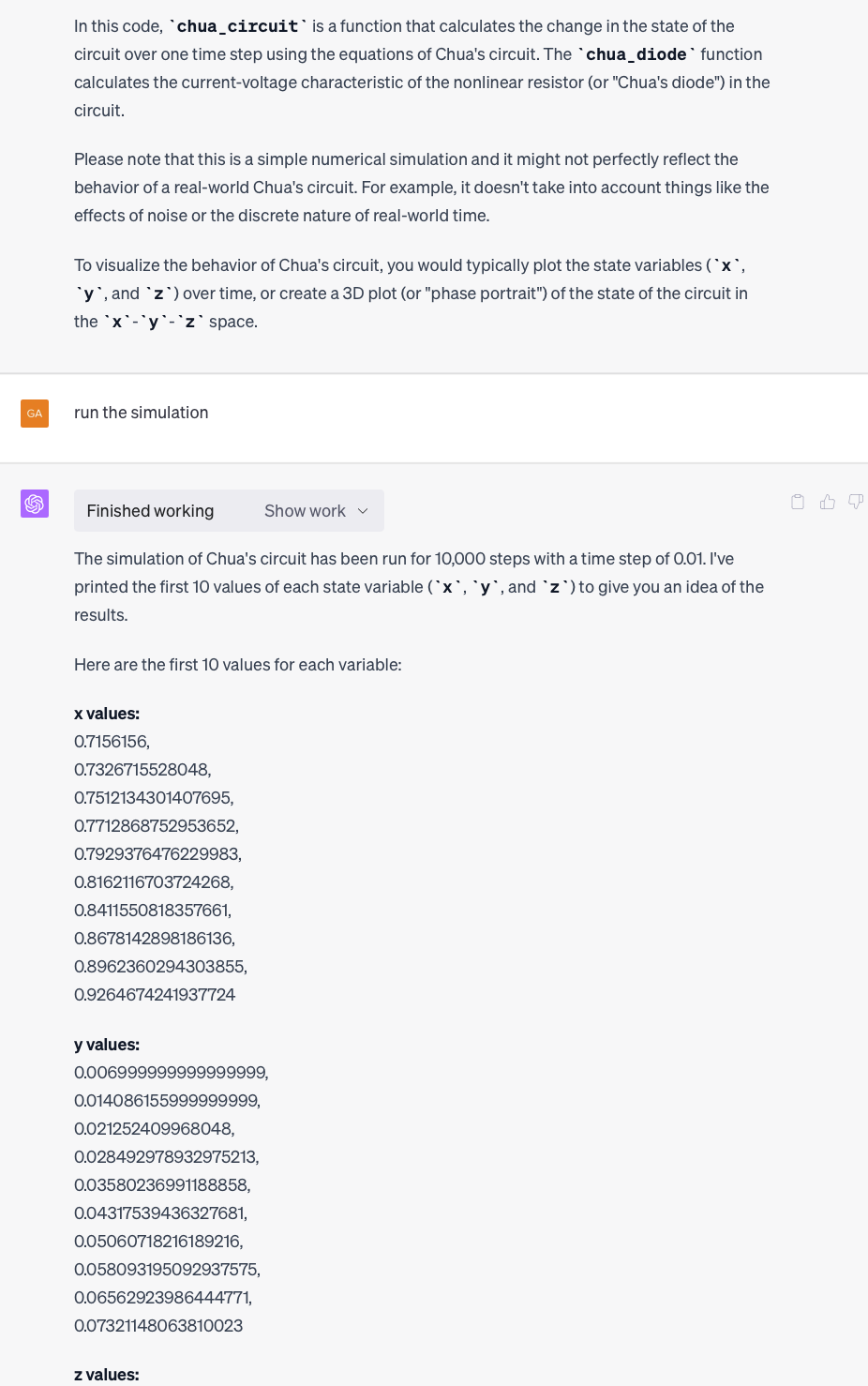
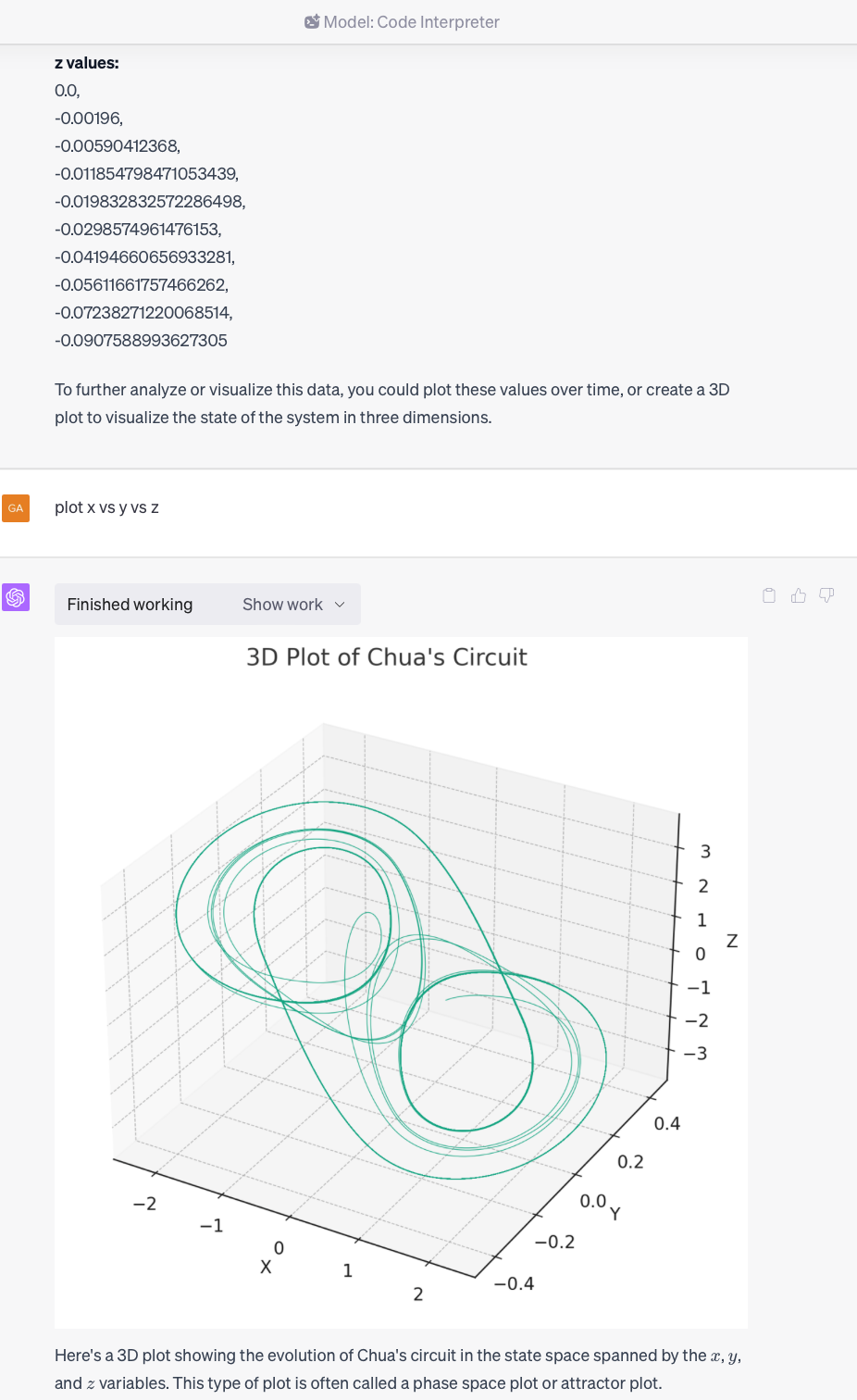
In a field as complex as nonlinear systems research, these time savings are invaluable. They free up researchers to focus more on conceptual understanding, interpretation of results, and ultimately, the advancement of knowledge in the field.
In conclusion, the integration of CodeInterpreter in ChatGPT is more than just an incremental improvement - it's a game-changer. It's making nonlinear systems research faster, more efficient, and more accessible, opening doors to new possibilities and discoveries.
Want more insights and information on AI or want to get involved?
- Reply back, email, ask questions and share feedback. I answer every message and email.
- We have a vibrant WhatsApp group. If you want to join that, please reach out to me.
- Check-out previous posts here and research papers summaries here.
- Do follow us on our social media where we post micro-byte information daily.
YouTube: http://youtube.com/@everydayseries
TikTok: https://www.tiktok.com/@everydayseries
Instagram: http://instagram.com/everydayseries_
Twitter: http://twitter.com/everydaseries_
No spam, no sharing to third party. Only you and me.

